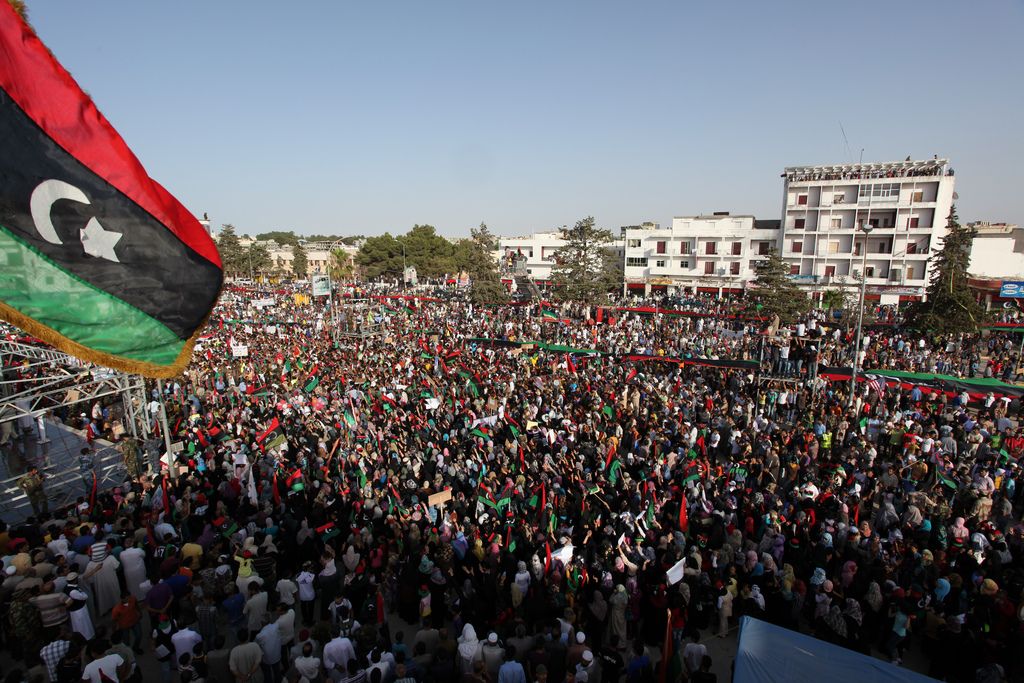According to a press statement released by Denmark’s foreign ministry, the Danish government has decided to “promote support for and participation in the electoral process among the Libyan people”.
Building up a democracy
By contributing contribute 6.54 million kroner to Libya, Denmark hopes to further contribute to the building of Libyan institutions responsible for the electoral process, which have already held over 90 successful local elections between 2014 and 2015.
Another priority is increasing the population’s knowledge in terms of the value of local elections as well as ensuring a greater involvement of women in the electoral process.
The Danish contribution will be implemented through a delegated co-operation with the US government’s development organisation USAID as well as the international foundation for electoral systems (IFES) – an organisation with many years of experience in assisting countries with emerging democracies.
READ MORE: US praises Danish-led effort to remove Libyan weapons
Stability is a priority
Foreign minister Anders Samuelsen stated: “The long-standing conflict in Libya has caused the country’s security to be extremely fragile. Terrorist groups like IS are still present in Libya.”
“Therefore, we need to step in to stabilise the situation and create a safe environment for the locals,” he said, adding that the country had also become a transit area for migrants on their journey to Europe.
Lasting peace in Libya can only be possible if a political solution is achieved and legitimate and democratic institutions are built up – a process of which local elections in accordance with its people are crucial elements, Samuelson believes.
Active supporter of Libya
Denmark actively supports the UN’s efforts to secure a peaceful political solution to the conflict in Libya.
In addition to contributing to humanitarian efforts and the EU Trust Fund for Africa, the Danish government has also set aside 10 million kroner to Libya to help stabilise conflict-affected areas and support its internationally recognised government in 2017.













